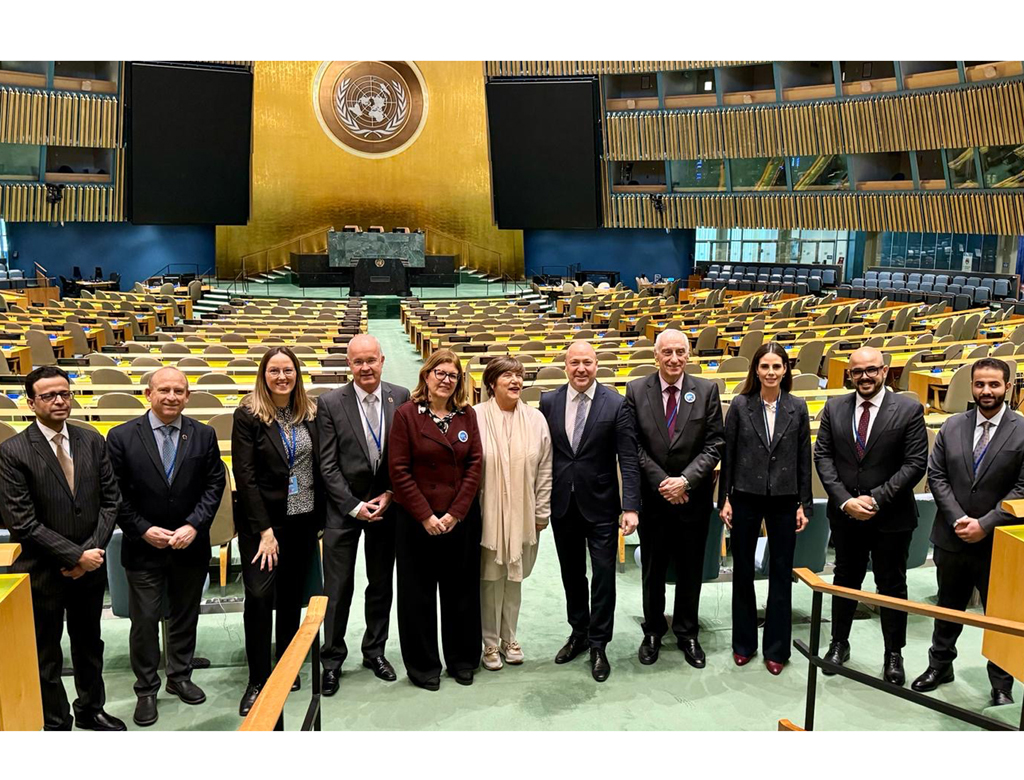
UN adopts a new global standard to measure sustainability of tourism
, March 13, 2024
A groundbreaking statistical framework, developed under the leadership of UN Tourism, has been adopted by all 193 UN member states to measure sustainability of tourism.
The Statistical Framework for Measuring the Sustainability of Tourism (MST) thus becomes the internationally agreed reference framework for measuring the economic, social and environmental aspects of tourism.
The adoption by the UN Statistical Commission at its 55th session (27 February – 1 March 2024) marks a historical milestone towards harnessing the full potential of the sector, providing a solution to the pressing need for a harmonised methodology to effectively assess the sustainability of tourism, said UN Tourism.
"Tourism is a powerful force for positive change when managed responsibly and sustainably," said Zurab Pololikashvili, UN Tourism Secretary General. "The adoption of the Statistical Framework for Measuring the Sustainability of Tourism marks a paradigm shift, going beyond GDP by enabling the measurement of what matters most to people and planet."
The framework marks a paradigm shift, going beyond GDP, by enabling the measurement of what matters most to people and planet.
Collaborative effort
This achievement is the fruit of a seven-year UN process led by Austria and Spain as co-chairs of the UN Tourism Committee on Statistics, with Saudi Arabia and Seychelles as co-vice chairs.
Under auspices of the committee, the framework was developed thanks to the extraordinary work of the multi-stakeholder Expert Group on Measuring the Sustainability of Tourism composed of 40+ countries and 30+ international and regional organisations including the UN Statistics Division, the International Labour Organization (ILO), subnational authorities and observatories, academia and others.
The work involved technical guidance from an editorial board chaired first by the Philippines and then by Canada, as well as extensive engagement and consultation with input from numerous pilots in countries.
The Statistical Commission expressed an overwhelmingly enthusiastic support with 34 countries, three world regions and international organisations taking active part in the deliberations: Antigua and Barbuda, Austria, Benin on behalf of the African Group, Cabo Verde, Canada, Chile, Colombia, Costa Rica, Croatia, Denmark, Dominican Republic, Egypt, Finland on behalf of the European Statistical System, Greece, Jamaica, India, Indonesia, Kuwait, Malaysia, Malta, Mexico, Morocco, the Netherlands, New Zealand, the Philippines, Portugal, Qatar, Saudi Arabia on behalf of the Gulf Cooperation Council, Slovenia, Spain, Tajikistan, Tanzania, United Arab Emirates, United States of America, the Committee for the Coordination of Statistical Activities and ILO.
Looking ahead, the commission also welcomed the future development of an implementation programme, including a compilation guide, and called on the international donor community to support the financing for measuring the sustainability of tourism.
Established in 1947, the UN Statistical Commission gathers Chief Statisticians from member states and international organisations, and is the highest decision-making body for international statistical activities. The last time that the Commission adopted a statistical standard for tourism was in 2008, when the International Recommendations for Tourism Statistics and the Tourism Satellite Account framework were presented. - TradeArabia News Service







